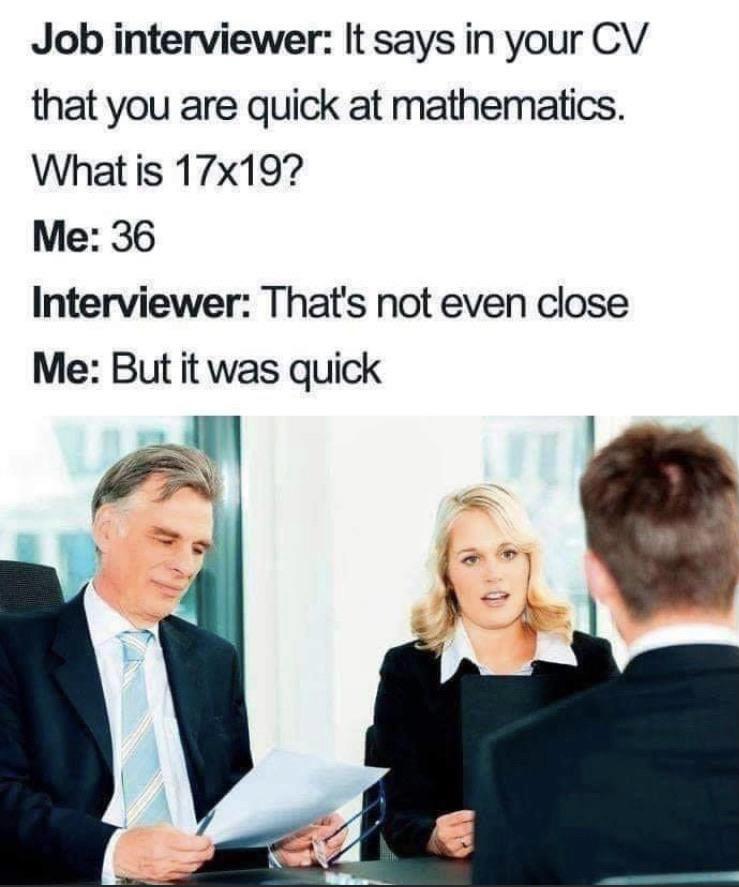I don’t ever see the media talking about a flat tax as a good idea.
People in poverty would be fucked by it.
Steve Forbes tried to be President on a flat tax platform two decades ago and got absolutely roasted for it by everyone.
I remember when it was all the rage during the Ron Paul era. Took a while to get through to people why it’s a terrible idea.
I’ll never forget my university economics professor interrupting his own lecture to espouse the virtues of a flat tax for twenty minutes.
I didn’t know any better at the time, but now I roll my eyes at the memory.
If only we had more Keynesian and Marxian economists. Dr Wolff himself says that economics aren’t nearly as complex as the courses would make you believe, and the formulas are intentionally complex to create an air of legitimacy.
Basically econ is a real thing that mostly serves as a right wing club to pretend austerity is good.
It’s funny that every econ course starts with the supply/demand curve, as though competition is ever perfect. Modern business is all about barriers to entry and cashing out way more than the joke that is the supply/demand curve.
Hell, fast food in the past few years has gone to tiered pricing roughly based on income (your willingness to use their app and jump through particular hoops). Tell me how the supply/demand curve accounts for charging some people $4 and others $8 for the same burger?
It’s the same reason that you learn physicist and basic engineering in frictionless environments that only consider the obvious forces on the obvious vectors, while most of the work of mechanical and civil engineering in real life is spent dealing with friction in systems and sheering forces.
Except in this case the simplified lesson is misleading and damaging. Students leave that lesson and, unlike physics, believe that’s how the real world works.
It is how the world works, on a very basic level. And friction is just as much a part of real-world physical interactions as anything else. Hell, barrier to entry, second-to-market advantage, market inertia and similar concepts are less important to most people than friction and normal tensions are.
What made me think of making this meme was the Bloomberg article with Forbes and his network of 1% cronies pressing the fat Cheetoh to embrace the Flat Tax. Perhaps instead of “media” it should be “Right Wing Propaganda Machine”.
How about a flat tax rate? 10% across the board, all sources of income. None of this realized/unrealized gains crap, no tax shelters, none of that, all forms of wealth are taxable. If you made $15,000 last year, you owe $150 total. If your property increased in value by $1 million last year, you owe $10,000 for that.
10% of $15,000 is $1,500.
$150 is 1%, no offence but maybe you shouldn’t be in charge of the math.

Heh, fair. Make the computers do it.
Because basic living costs money. Also your math is bad. Your examples reflect a 1% tax rate, not 10%. I’m assuming you picked $15k as a number because that’s full time at federal minimum wage. Imagine paying for a month of rent, utilities, groceries, car payment, gas, insurance, and anything else that’s necessary with only $1250, and then you still owe $1500 in taxes for the year. Hopefully that’s the combined state and federal taxes and not just federal, but there’s still sales tax to worry about.
On the other hand, 10% of a billion dollars is $100,000,000. Taking that amount from a billionaire leaves them with only $900,000,000. How on Earth can they be expected to make ends meet?! /s. The reality is that survival has a high floor, but many Americans live in the metaphorical basement (and in many cases a literal basement). There’s virtually no difference between having $1B and $900M, but there’s a massive difference between having $15k and $13.5k, and that difference means having sleep for dinner every other night. Show me a billionaire who has to choose between eating and having electricity, and then we’ll talk about flat tax rates.
It’s just shitty for poor people, because they spend a much greater percentage of their income on basic necessities. So a flat tax hits them extra hard. A simple progressive tax is so much better for the working class and not that much more complicated.
If it helps, don’t think of our current system as a progressive tax, but think of it as a flat tax with discounts for being poor. The less you make, the higher the discount. Because 10% is not nearly enough money to pay for everything we need.
Rent, food, transportation, utilities, education, these are fixed costs that don’t scale linearly with income. You might spend more on fresh vegetables or rent a nicer place if you have the money, but generally speaking the first $50k of anyone’s income is going towards just existing. If you make less than that in the United States, you need every penny, and you probably need government services to help you survive. A flat 10% tax would probably kill you.
It’s in (almost) everyone’s best interest that nobody is struggling to survive. Social services help everyone at rates exponential to what they cost.
If you make $100k, congratulations, you can probably afford a starter house in some parts of the country. You might be able to save up for a vacation. You can begin to think about having kids (oh shit, did you already have kids? Because they’re expensive as shit). You can afford a 10% tax with good budgeting.
If you make $500k per year, congratulations, you’re wealthy. You can afford the American Dream of a house, a family, a dog, a yard, a car, and a retirement account all at the same time. You can also afford to pay far more than 10% without impacting your ability to pay for all those things.
The more you make, the smaller percentage of money you need. The higher you go, the worse it is for everyone if you simply keep all of your income. If you’re making $10 million every year, you could pay 80% taxes and still have four times as much as the wealthy person described above.
High concentrations of wealth are bad for society. Coincidentally, the uber wealthy are the only ones that benefit from the suffering of poor people. As consumers and/or employees, people are easier to exploit when they are desperate, and everyone who amasses wealth is exploiting someone.
deleted by creator



